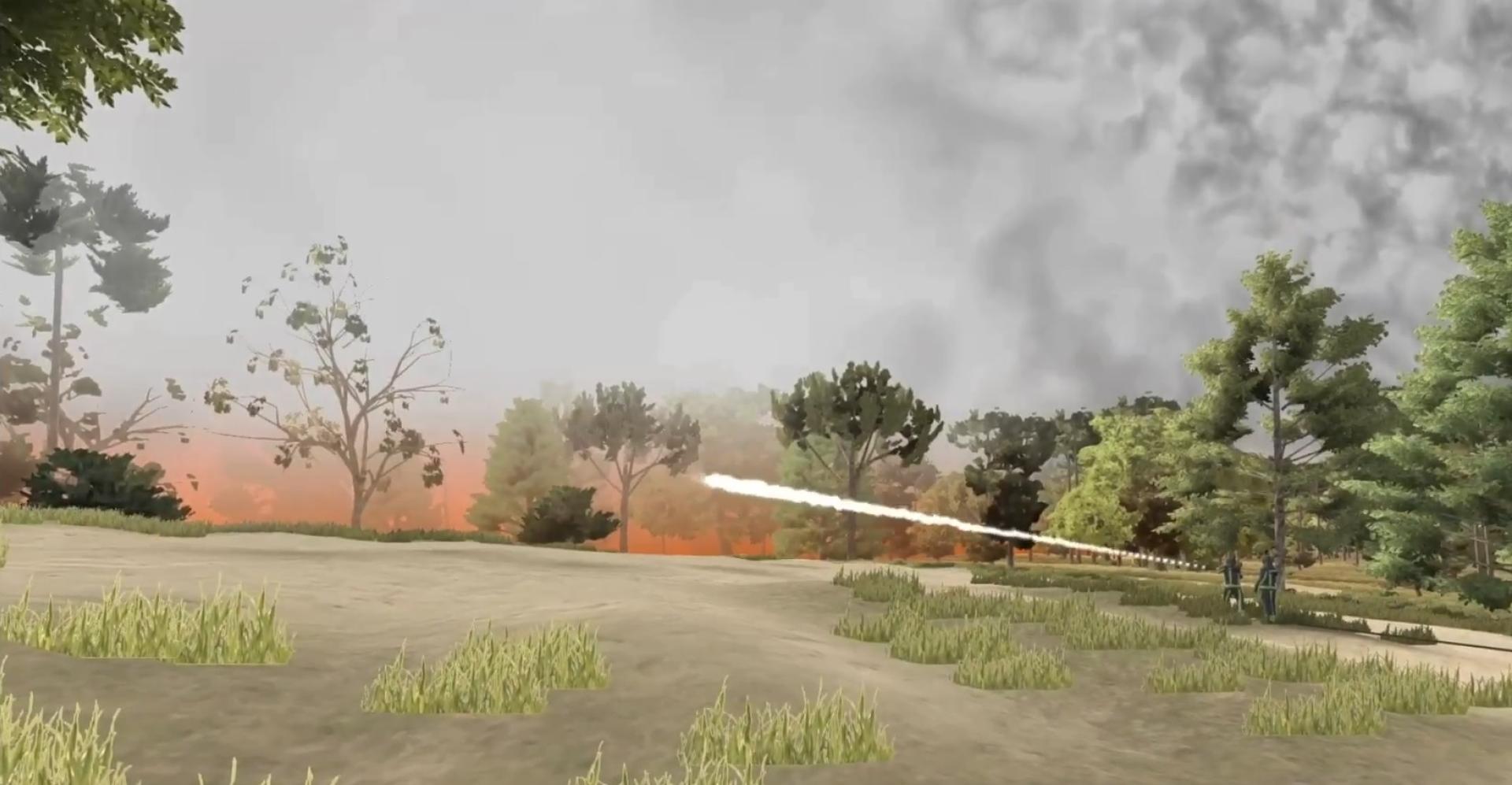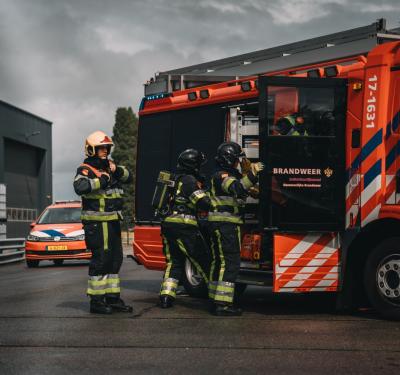New XVR training opportunities in French-speaking Africa
Sébastien Bethus, a former professional firefighter from France, has started his own training company, DRILL OPS, with the main goal to promote virtual training using the XVR Simulation platform for firefighting and security personnel in French-speaking countries in Africa.
In 2019, Sébastien Bethus went to the Republic of Congo to work for a French oil company in their Health, Safety and Environment division. His responsibilities there included training industrial firefighters and personnel in occupational risk prevention. However, the global pandemic forced him to return to France. Not to be deterred, Bethus started his own training company and will be providing his services to French-speaking countries in Africa. His current focus is on providing training and education for the firefighting and security personnel at industrial sites and other operations that have their own on-site incident management teams.

Bethus believes that virtual training can strengthen on-site personnel in their decision-making skills and the recognition of risks during incidents while they wait for more specialised help to arrive. Not all security-related procedures are carried out by trained safety specialists, which only adds to the importance of ensuring that all staff are familiar with the relevant safety protocols and know what to do in an emergency situation. In his experience, this means many lacking the expertise and training frequency to be (and feel!) fully prepared when facing incidents on the industrial terrain. “Through XVR, I would like to positively impact the way of training and improving the skills of trainers in the creation of scenarios and their debriefing,” says Bethus. “Many sites require a certain autonomy to deal with incidents, and it is relevant that the Health, Safety and Environment divisions use XVR to train their response teams and to coordinate with external reinforcements.”
Training with virtual reality simulation software offers new opportunities for organisations and teams to train more frequently, make better use of the resources available, and take advantage of remote training and education for regions with a large geographical dispersion, which is often the case in many African countries. The XVR platform will also allow his customers to train incidents that do not happen frequently or which are difficult to simulate on-site. Says Bethus, “I would also like to show operational doctrines which are not widely used, such as the management of numerous victims.”
Bethus notes that XVR Expo will also be an important tool here, as it increases the reach and frequency of which staff can complete exercises to facilitate their continuous skill development. He believes that situational analysis and exercises focusing on the prevention of risks and becoming familiar with emergency procedures will be especially helpful to train on an operational and tactical level. Bethus also hopes that virtual training will promote coordination between the private and public sector. By training virtually, it would be easier for representatives from both sectors to participate in joint exercises without spending a large amount of resources.
Sébastien Bethus has signed a contract as of September 2021 with XVR Simulation and is looking forward to continuing his efforts in incident command training. “I have already tested XVR in the context of risk prevention, and this has given good results in industrial operations,” he concludes.
Overview



.png?resolution=400x375)